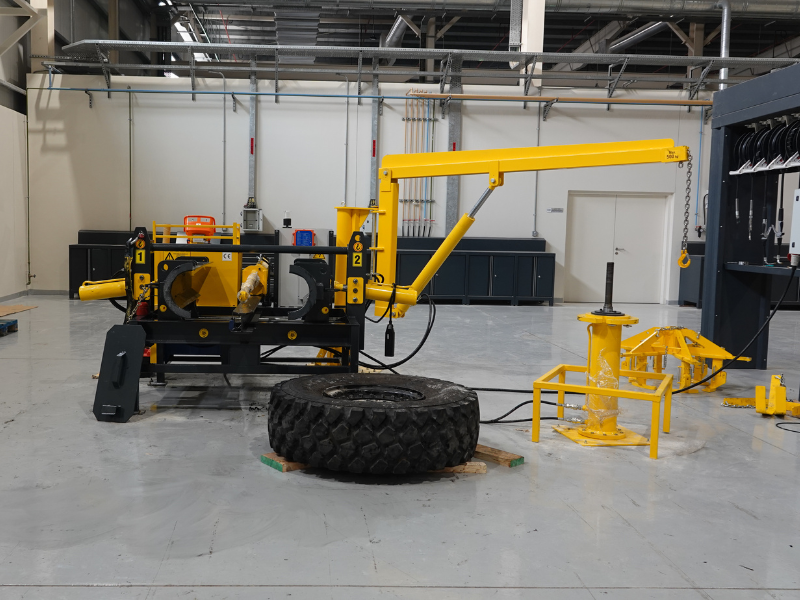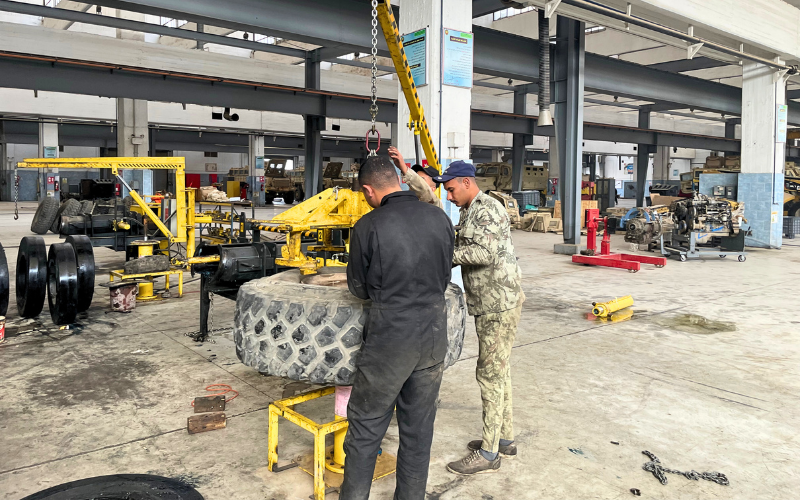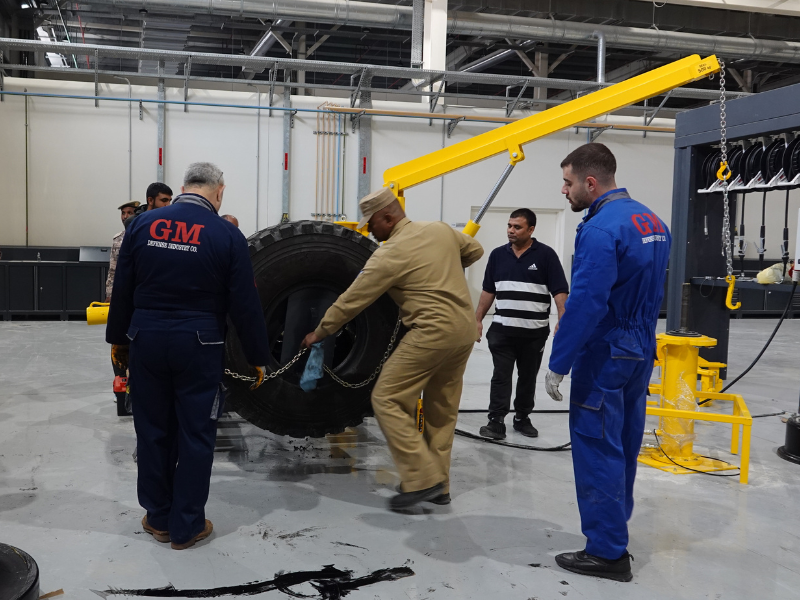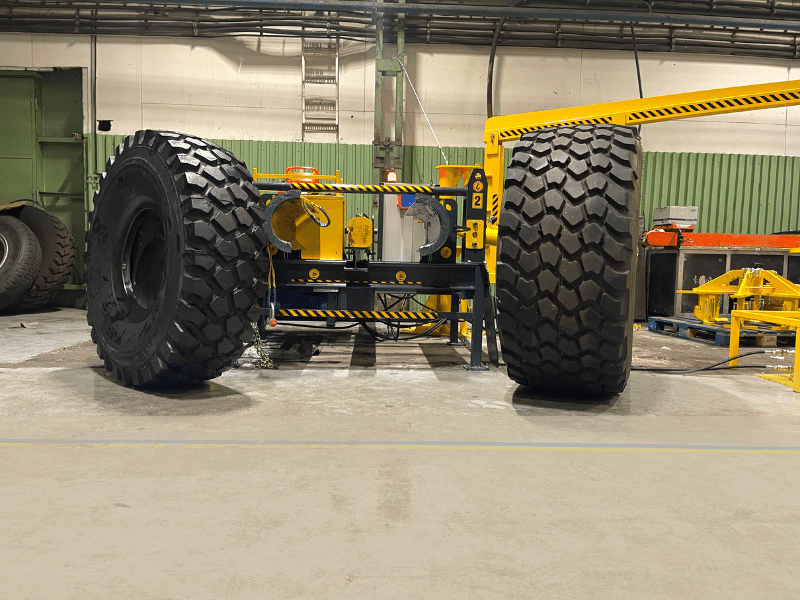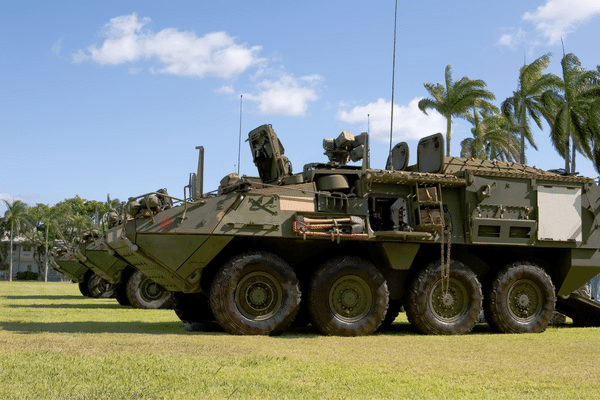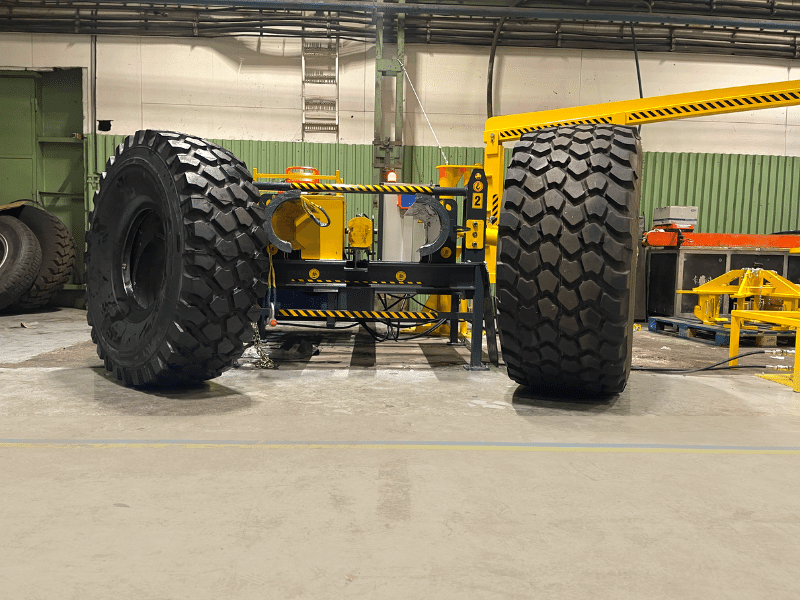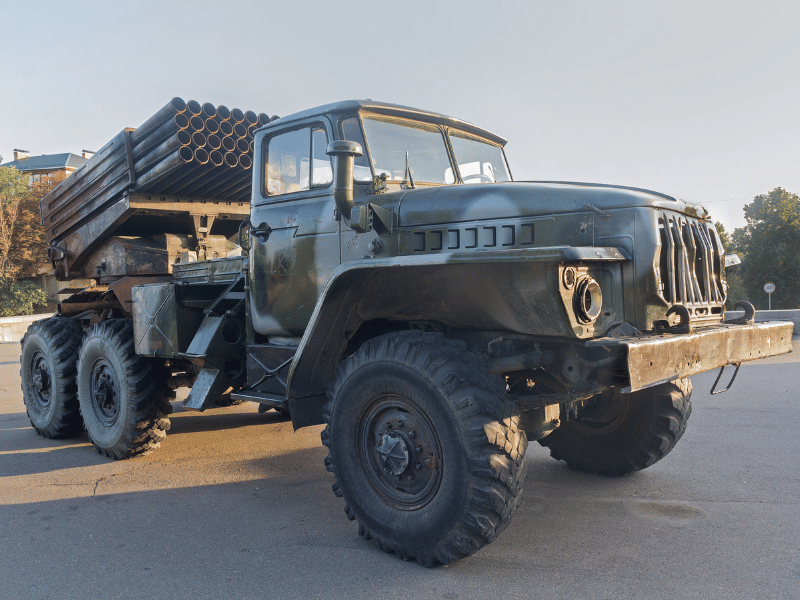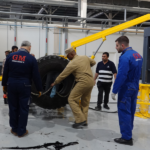Military operations require highly specialized equipment, and one of the most crucial components of any military vehicle is its tires. We will discuss the importance of military tires, the advantages of run-flat tires in military operations, and the Hutchinson run-flat installation process. We will also touch upon the topic of run-flat tire removal.
What are Military Tires?
Military tires are specially designed and manufactured to meet the rigorous demands of military vehicles. They are built to withstand extreme conditions and provide optimal performance, even in the harshest environments.
Features of Military Tires
Some key features of military tires include:
- Reinforced sidewalls for enhanced durability
- High load-bearing capacity to support heavy military vehicles
- Puncture-resistant construction to minimize tire damage
- Superior traction in various terrains, such as mud, sand, and rocky surfaces
- Exceptional resistance to heat and cold
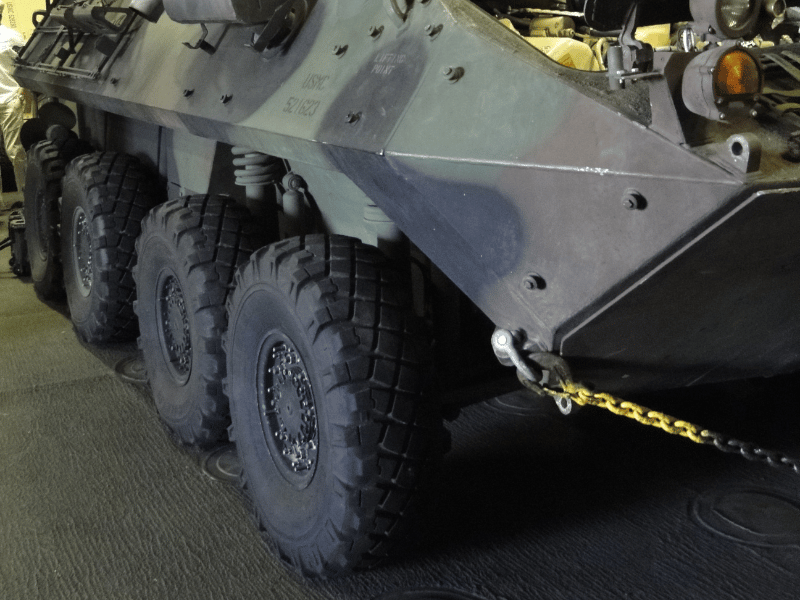
Importance of Military Tires in Combat
Military tires play a crucial role in ensuring the safety and success of military missions of armoured vehicles. They provide the necessary traction and stability for military vehicles to maneuver through difficult terrains and withstand enemy attacks. In addition, military tires must be reliable and durable to minimize the risk of tire failure during critical missions.
Run-Flat: A Key Component in Military Operations
Runflat tires are a vital innovation in the field of military tires, as they allow military vehicles to continue moving even after experiencing a puncture or tire damage.
How Do Run-Flat Tires Work?
Run-flat tires are designed with a reinforced sidewall and an inner support ring that enable them to maintain their shape even when they lose air pressure.
This unique construction allows the vehicle to continue driving for a limited distance at reduced speeds, providing the necessary time to reach a safe location or complete a mission.
Benefits of Run-Flat Tires
Some of the advantages of using runflats in military operations include:
- Enhanced mobility during tire damage or puncture
- Reduced vulnerability to enemy attacks targeting tires
- Minimized need for tire repair or replacement during missions
- Improved safety for military personnel
- Faster response times during emergencies
Limitations of RunFlat Tires
Despite their numerous benefits, runflats also come with some drawbacks:
- Increased weight compared to conventional tires
- Reduced ride comfort due to stiffer sidewalls
- Limited availability of compatible replacement tires
Hutchinson: The Industry Leader in Run-Flat Technology
Hutchinson is a renowned global company specializing in the production of advanced mobility solutions, including run-flat tire systems for military and civilian applications.
Hutchinson’s run-flat installation process involves the following steps:
- Removal of the original tire from the wheel
- Installation of the run-flat insert onto the wheel
- Mounting of the tire onto the wheel with the run-flat insert in place
- Inflation of the tire to the recommended pressure
- Verification of proper installation and alignment
Run-Flat Removal
In certain situations, it may become necessary to remove a run-flat from military tires.
Run-flat tires should be removed in the following scenarios:
- When the tire has reached the end of its useful life or is damaged beyond repair
- When the runflat insert needs replacement or repair
- When converting the vehicle back to conventional tires
Steps for Run-Flat Removal
To remove a run-flat tire, follow these steps:
- Secure the vehicle and ensure it is on a stable surface
- Deflate the tire completely
- Remove the tire from the wheel using specialized tools or equipment
- Make the split wheel replacement
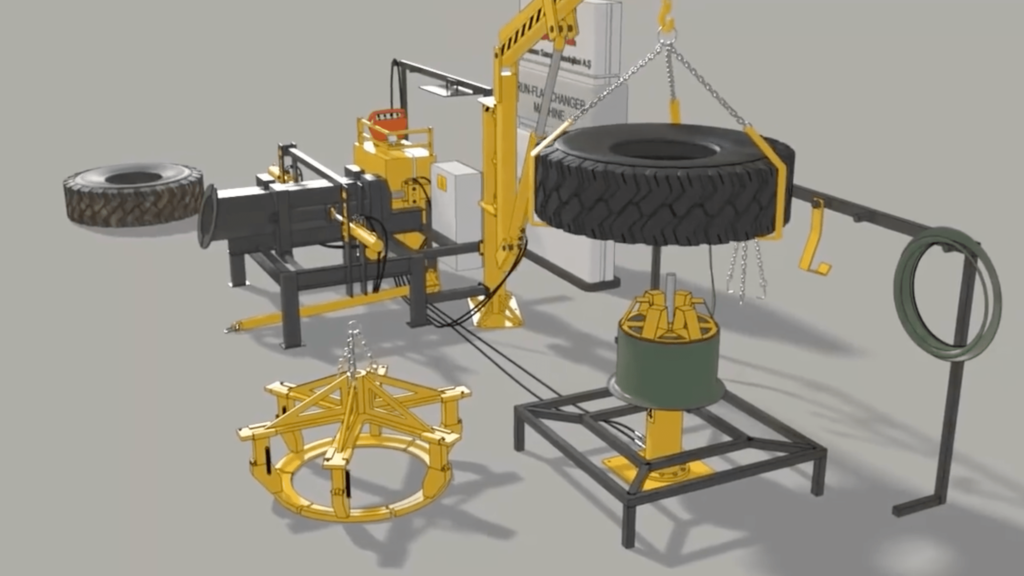
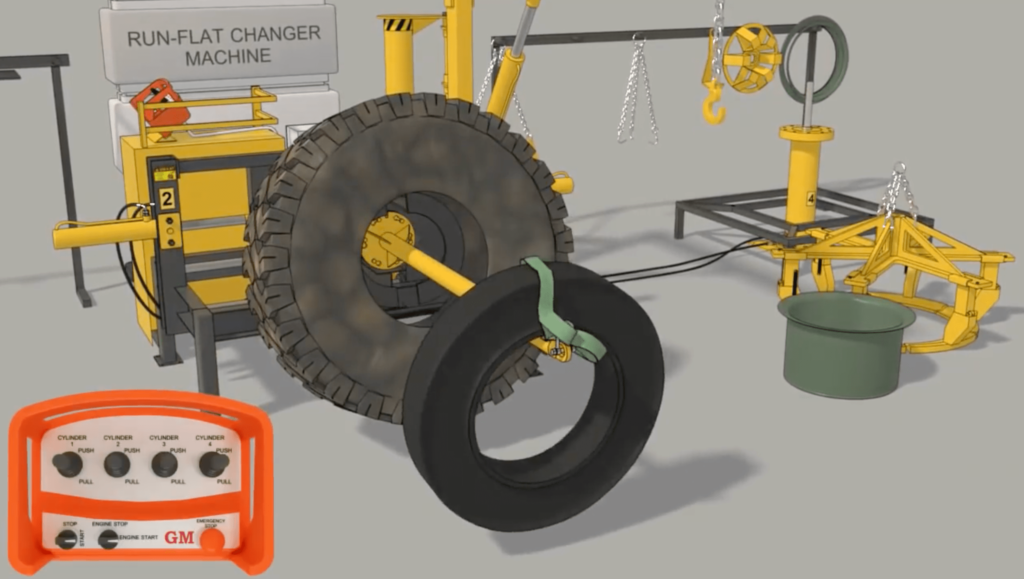
Frequently Asked Questions
What makes military tires different from regular tires?
Military tires are specifically designed to withstand the extreme conditions and heavy loads associated with military operations. They feature reinforced sidewalls, puncture-resistant construction, and superior traction across various terrains.
How far can a vehicle with run-flat tires travel after a puncture?
The exact distance depends on factors such as the tire’s design, the vehicle’s load, and the driving conditions. However, most runflat tires can travel between 30 and 60 miles at reduced speeds after a puncture.
Are run-flat tires more expensive than conventional tires?
Yes, runflat tires are generally more expensive due to their specialized construction and the advanced materials used in their production.
Can I use runflat tires on any vehicle?
Runflat tires are typically designed for specific vehicle models and wheel types. Consult your vehicle’s manufacturer or a tire specialist to determine the compatibility of runflat tires with your vehicle.
How do I know if a run-flat tire needs to be replaced?
A run-flat tire should be replaced if it has experienced significant damage or wear, or if it has been driven beyond the recommended distance or speed after a puncture. Consult a tire specialist or your vehicle’s manufacturer for guidance on when to replace a run-flat tire.
